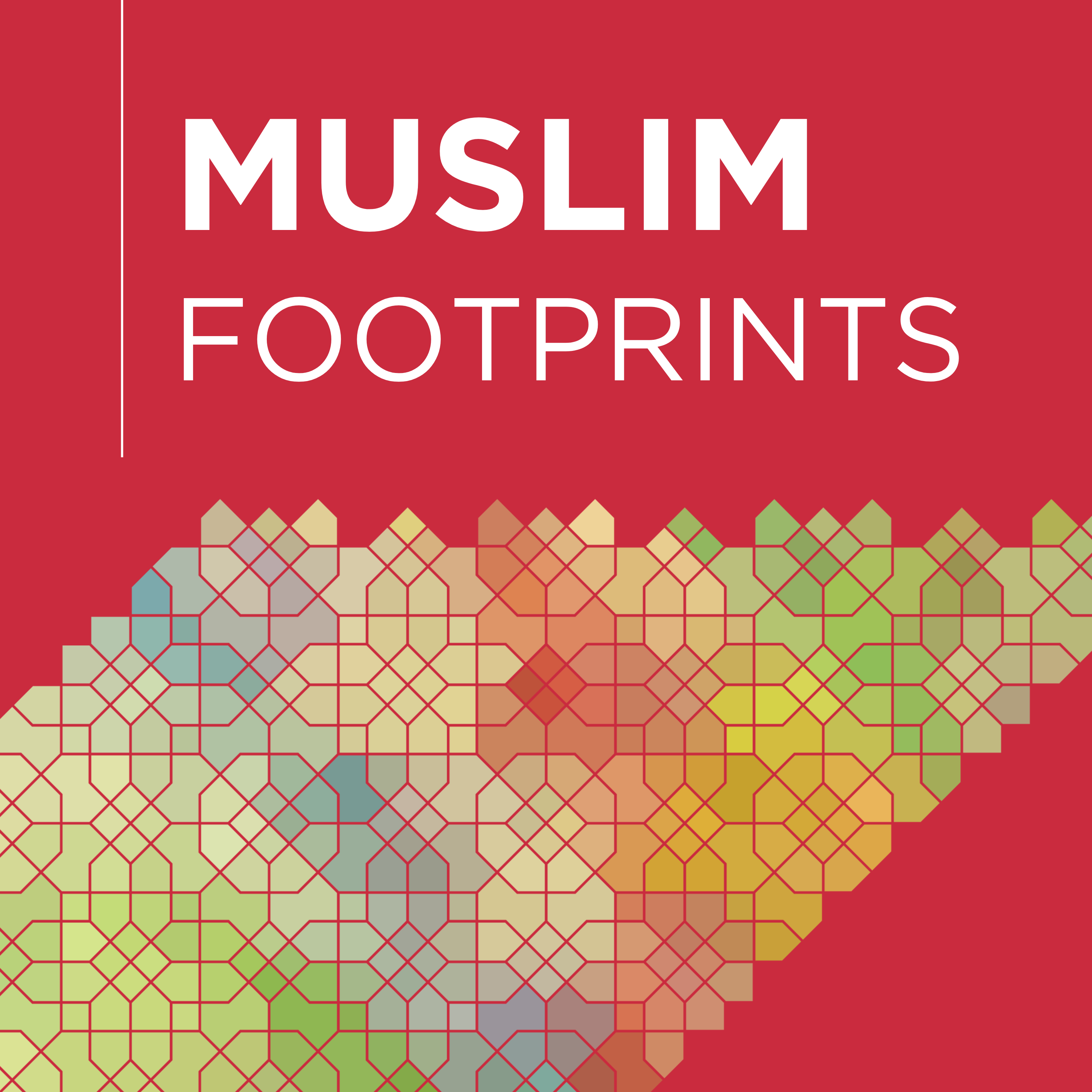
An opportunity to deep-dive into Islam and Muslim civilisations, history and spirituality through the ages, accompanied by some of the best experts and academics in their field. Join us as we discover how Muslim societies and individuals have lived, thought about, and expressed their faith in their own ways as a pathway to the divine. We explore the far-flung lands that Muslims have lived in, the traditions – scientific, artistic, religious and cultural – they’ve contributed to, and the revelation itself, the Qur’an. Our guests have devoted their professional lives to producing robust scholarship about the rich heritage of Islam. Our mission is to bring that knowledge to our listeners – Muslim and non-Muslim alike – so as to better understand the world and address some of the biggest questions about life and meaning. This podcast is a valuable resource for anyone interested in learning more about Islam and its contributions to the world. Follow us on social media: https://www.instagram.com/muslimfootprints/ https://www.linkedin.com/company/muslim-footprints https://x.com/MFootprintsPod https://www.facebook.com/profile.php?id=61557285590197 http://www.youtube.com/@MuslimFootprints https://www.threads.net/@muslimfootprints
Episodes
Monday Jun 16, 2025
S2 Ep11: Music from Muslim Lands
Monday Jun 16, 2025
Monday Jun 16, 2025
Embark on a sonic journey through centuries of melody, tradition, and cross-cultural fusion! In this episode, we dive into the soundscapes of Muslim lands, featuring legendary musician Jordi Savall, renowned for reviving medieval and early music, and Fairouz Nishanova, Director of the Aga Khan Music Programme.
Please note the first 26 minutes of this episode is in French. English subtitles are available on the video version.
Discover how medieval music evolved through Islamic empires, where improvisation was an art form and cultural exchange thrived along trade routes. Jordi shares insights into his lifelong quest to resurrect forgotten harmonies, while Fairouz illuminates the AKMP’s groundbreaking work in preserving endangered musical heritage - from empowering local artists to bridging ancient traditions with modern innovation.
How did political upheaval nearly silence Central Asia’s musical legacy? What role does education play in reviving these traditions today? And why is improvisation a universal language of resilience? From the Sufi rhythms of Samarkand to the Andalusian echoes of Córdoba, this episode celebrates music as a living archive of history, identity, and human connection.
